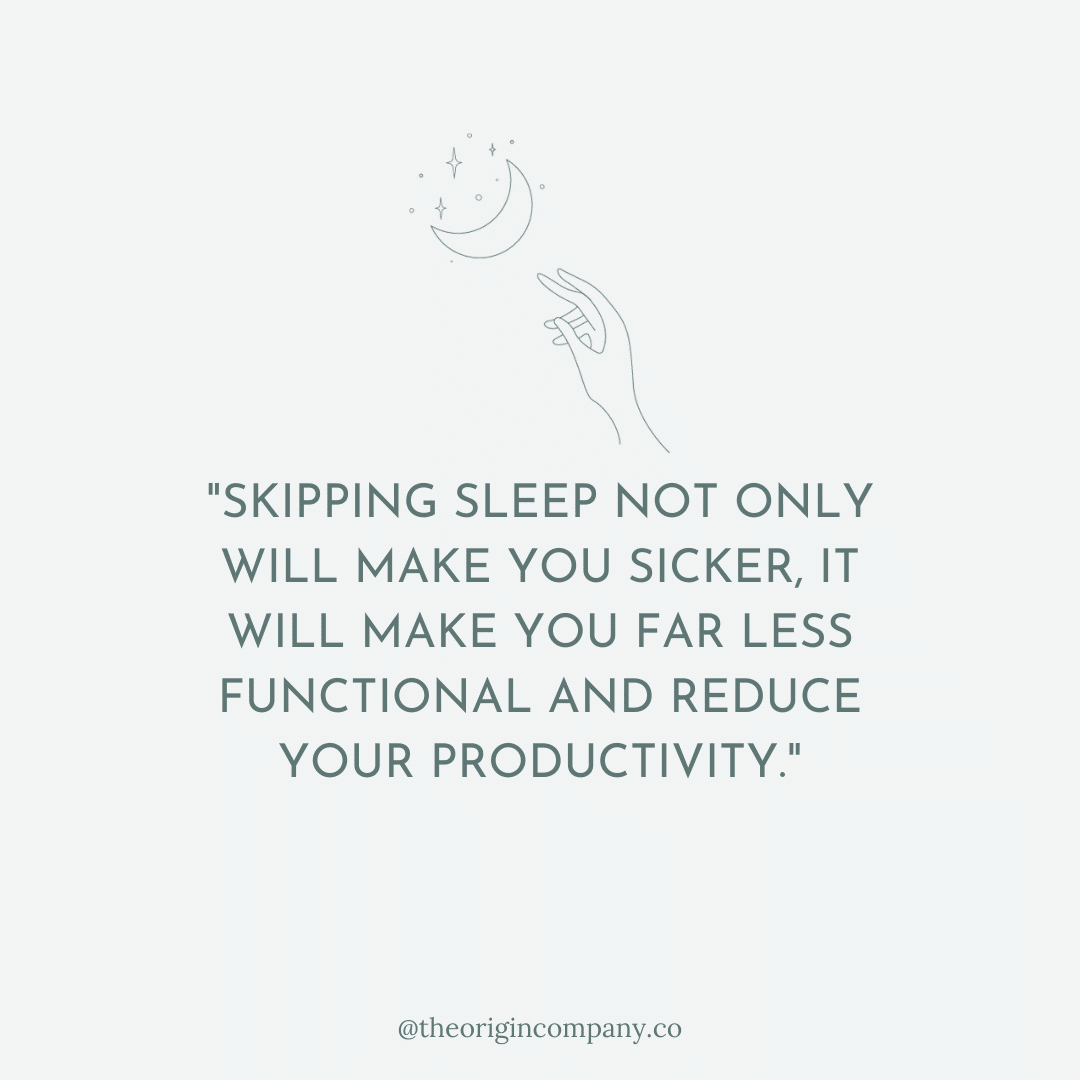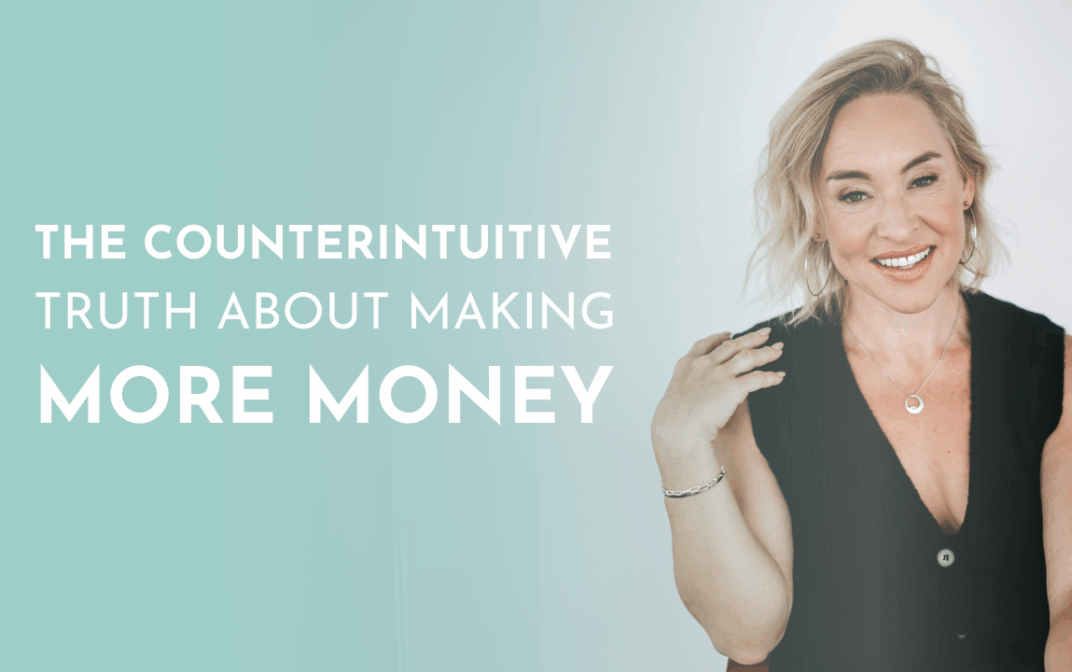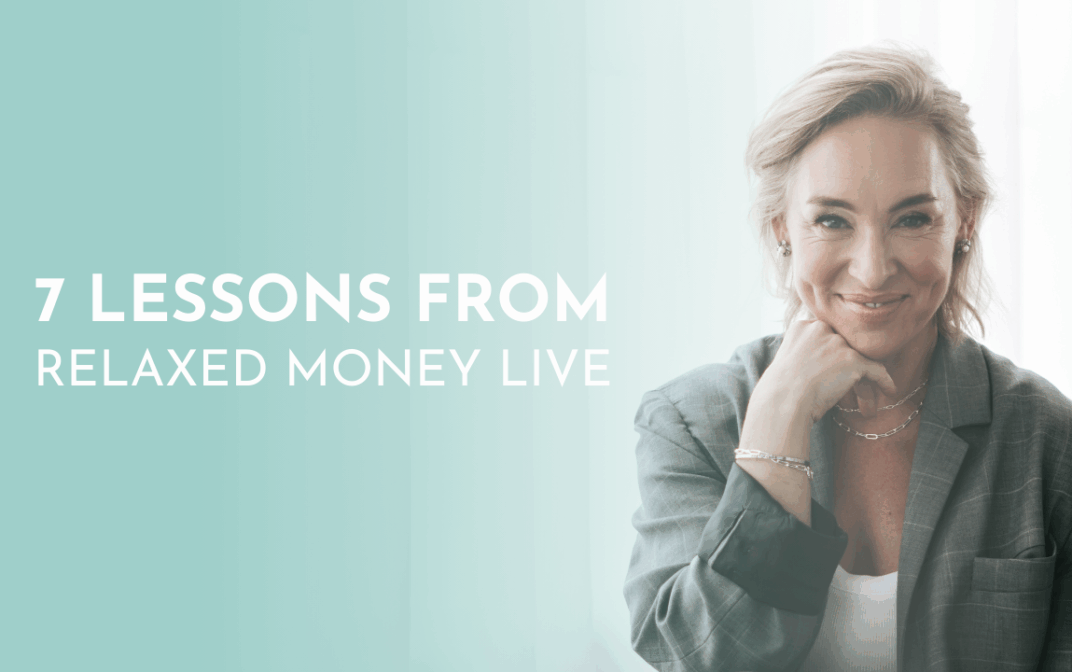If you find yourself putting off sleep to get more work done and you think it’s making you more productive, think again.
If all the health risks associated with not getting enough sleep (like increased risk of obesity, cancer, diabetes, stroke, heart disease, and depressed immune system) were not enough to have you reconsider foregoing sleep to “get more done,” consider this:
Sleep deprivation is associated with1:
- Loss of brain tissue
- Loss of focus (hello, loss of productivity!)
- Memory loss
- Increased likelihood of being emotionally reactive and unable to produce appropriate responses (causing hours lost to dealing with unnecessary drama)
- Decrease in attractiveness and approachability (this is not necessarily directly related to productivity, but it’s not not related to it either)
If that was enough to consider halting the completely unproductive habit of letting your work cut into your sleep, you might be wondering:
How much is enough sleep? And when should I go to bed?
According to the National Sleep Foundation, adults 18-65 years old need 7-9 hours of sleep a night to function optimally.
Sleep happens in 90-minute cycles during which your brain moves from non-REM (Rapid Eye Movement) sleep to REM sleep. Non-REM sleep is said to be deeper and more restorative than REM sleep.
As it gets closer to dawn, we spend more time in REM sleep than in non-REM sleep, so getting to bed between 8PM and 12AM will increase the amount of restorative sleep that you get.
A whole bunch of things can affect your ability to get to sleep easily and stay asleep, like caffeine and alcohol intake and screen time during the day.
If you want to work with your sleep cycle to optimize your productivity during your work hours, here’s a list of ways you can up the quality of your zzz’s. No need to try them all at once. Pick one and add over time. Remember: #doless:
- Go to bed by midnight
- Reduce screen time during the day and eliminate it 2 hours before bedtime. (Data shows2 that longer screen times meant shorter and poorer quality sleep.) (Try this: Plug your phone in to charge outside of your bedroom and read a book instead of scrolling before bed. If you use your phone as your alarm, just buy an alarm clock.)
- Use blue light blocking glasses during the day because blue light can decrease the quality of your sleep at night3.
- Stop drinking caffeine by 12pm.
- Get some natural sunlight first thing in the morning (helps reset your cortisol levels).
- Move your body most days of the week.
- Read novels or memoirs before bed instead of non-fiction books where you’re trying to learn something.
- Turn down the temperature in your bedroom and block out as much light as possible. (We love the Chili Pad for extra cooling enhancement!)
- Don’t watch or read the news before bed and gear any other content consumption towards things that are uplifting and calming.
- Try a bedtime ritual like a cup of chamomile tea, 5 minutes of meditation, and using the Daily Energy Tracker for some quick journaling to recap your day and get to know yourself better.
- Reduce or eliminate alcohol, which helps you fall asleep faster but diminishes sleep quality overall, particularly in the second half of the night4.
Next time you think to yourself, “I’ll just stay up a couple of hours later so I can be more productive,” remember:
Skipping sleep not only will make you sicker, it will make you far less functional and reduce your productivity.

Not to mention make you cranky and significantly decrease how much you enjoy your life. And that’s reason enough to prioritize time spent toes up with the lights out.
Now we want to hear from you:
Which of these sleep tips are you going to try first? What’s your relationship with sleep like? What questions do you have that we could address in a future article?
Leave a comment and let us know!
_
1Laura Schocker, “Here’s a Horrifying Picture of What Sleep Loss Will Do to You,” Huffington Post, last modified December 6, 2017, https://www.huffingtonpost.com/2014/01/08/sleep-deprivation_n_4557142.html
2https://journals.plos.org/plosone/article?id=10.1371/journal.pone.0165331&from=article_link
3https://www.ncbi.nlm.nih.gov/pmc/articles/PMC2831986/
4https://www.webmd.com/sleep-disorders/news/20130118/alcohol-sleep






4 comments